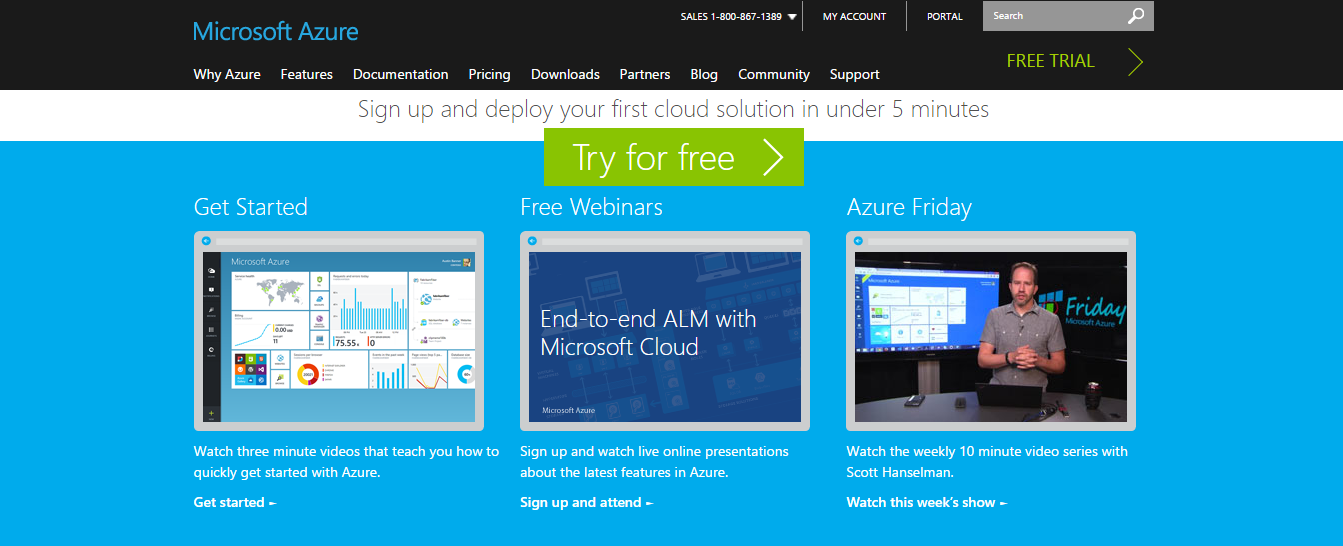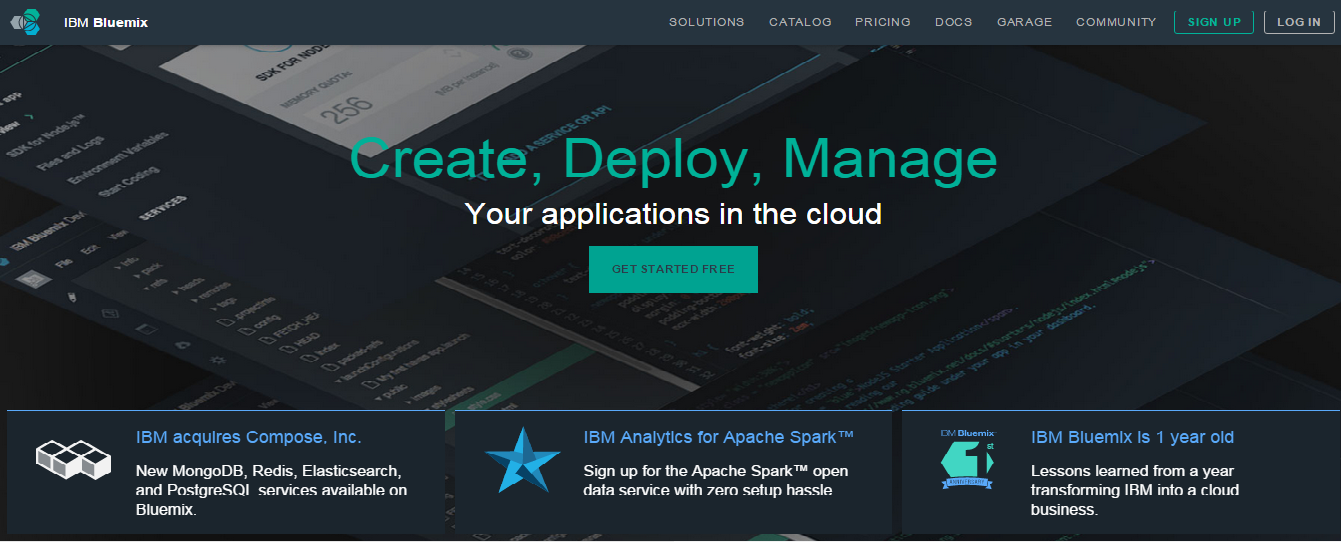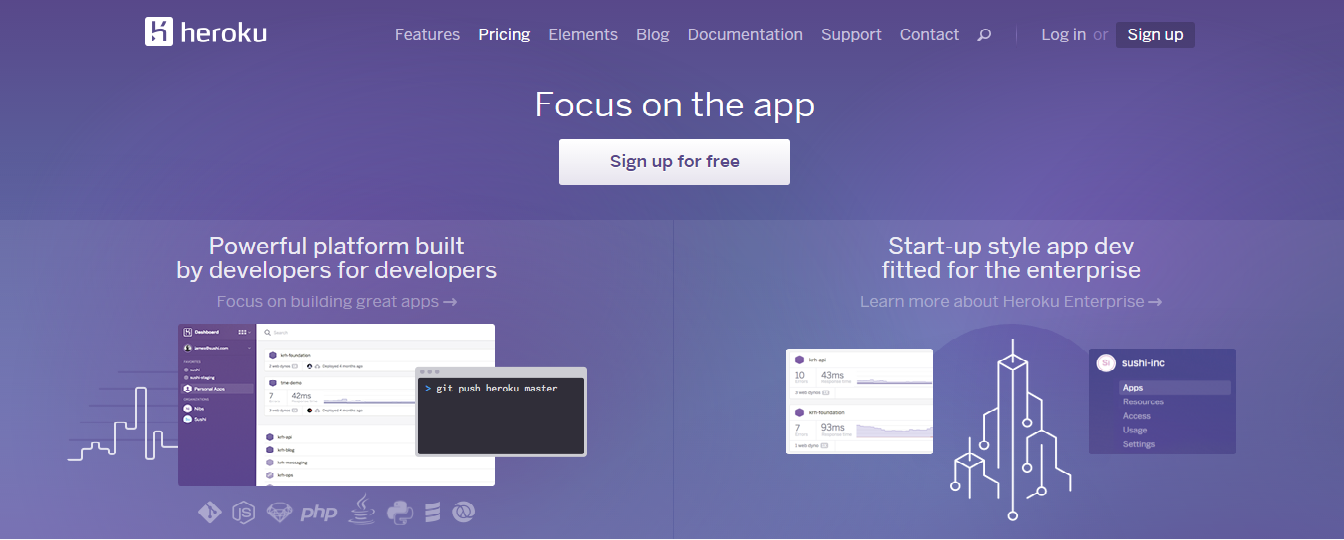Platform-as-a-service (PaaS) is one of three categories of cloud computing services, alongside software as a service (SaaS) and Infrastructure as a service (IaaS).
PaaS allows users to develop, deploy, and manage applications easily and efficiently without the need to worry about the infrastructure needed to make that happen.
Businesses look to PaaS as a tool to lower costs of developing apps, but will also benefit from increased application runtime, scalability, virtualizations among other crucial upgrades.
Before you settle for a PaaS solution, it is vital to compare the different products vendors offer, and find out about three important aspects:
Compatibility
Before you pick a vendor for your PaaS solution, consider compatibility. Some of the solutions include IaaS and PaaS, while other vendors offer solutions that are compatible with IaaS solutions from different vendors. Ask your vendor about the solution.
Type of PaaS
PaaS solutions can work with specific SaaS applications, operating environments, or as standalone offerings. It is advisable to know what type of platform as a service works with your needs.
Hosting
When comparing PaaS solutions, keep in mind the kind of cloud deployment it works with- private, public, community, or hybrid. The type of deployment might influence the product’s price or other features.
Platform-as-a-Service solutions in general, provide businesses with a platform that they can independently maintain and use to build, refine, and deploy web applications. If you are a developer and have looked to PaaS services providers, then names like Salesforce, Amazon Web Services, and Microsoft Azure might sound familiar.
As an app developer, you can choose from the above vendors, or compare them to other numerous options. However, with so many PaaS providers and all with almost similar features and functionalities, it might be a little difficult to find the right PaaS.
We have therefore narrowed it down to some of the best PaaS providers in the market. The options below are all by vendors. Check them out, compare, and choose one that suits you best.
If you are developing or scaling applications on Java, PHP, Python, Ruby or Node.js, etc., then Amazon Web Services, commonly referred to as Elastic Beanstalk, is the best PaaS provider for you. Amazon constantly adds new tools to Elastic Beanstalk, practically ensuring that you always use the latest tools. Another good thing about AMS is that it also allows you to develop new apps.

Microsoft Azure makes things extremely easy for developers as it supports all frameworks, tools, languages, and operating systems. In this regard, Ruby, Java, Python, PHP, .NET, and Node.js are some of the options and languages available with Azure. Similarly, it also allows developers to use Visual Studio to develop and scale applications.

Based on Cloud Foundry, Bluemix is an open-source PaaS by IBM providing greater security and control to users. Developers can increase the functionality of the apps by choosing from various community services as well as third parties. Most importantly, you can migrate any existing infrastructure to Bluemix as well.

Heroku is another great Platform as a Service Provider. This very PaaS runs virtually every programming language at any scale. Similarly, Heroku is of its kind marketplaces for services, tools, and components that will transform your apps from pretty decent to extraordinary. Another great thing about Heroku is that you can flawlessly integrate it with other PaaS providers such as Salesforce.

Google Cloud is a PaaS solution from Google’s cloud services and offers an intuitive engine that you can rely on to create highly customizable web applications. Leverage the solution to build all your business’ support apps and other managed services. Note that Google Cloud is Linux-based and so you would do well if you can master the OS to better work with firewalls and routers.
Oracle Cloud is a Platform as a Service solution from software giant Oracle Corporation. It’s easy to maintain a tool that comes with a free trial. The platform operates both Oracle technology and open source, enabling the easy building, deployment, and management of a business’ applications.
The solution incorporates machine learning and artificial intelligence (AI) to offer you a tool capable of self-repairing with the possibility to integrate with other solutions. All data on Oracle Cloud is encrypted.
Salesforce Platform is a PaaS service from Salesforce, which developers can leverage to build and deploy scalable multi-tenant applications. Choose Salesforce on the cloud to build applications with out-of-the-box tools.
The great thing about this solution is that it allows you to develop and deploy cloud-based applications in the same way you would do on the AWS, IBM, Google, or Microsoft platforms. Use the Lightning App Builder Wizard to build apps from scratch and integrate with third-party sites via its AppExchange.